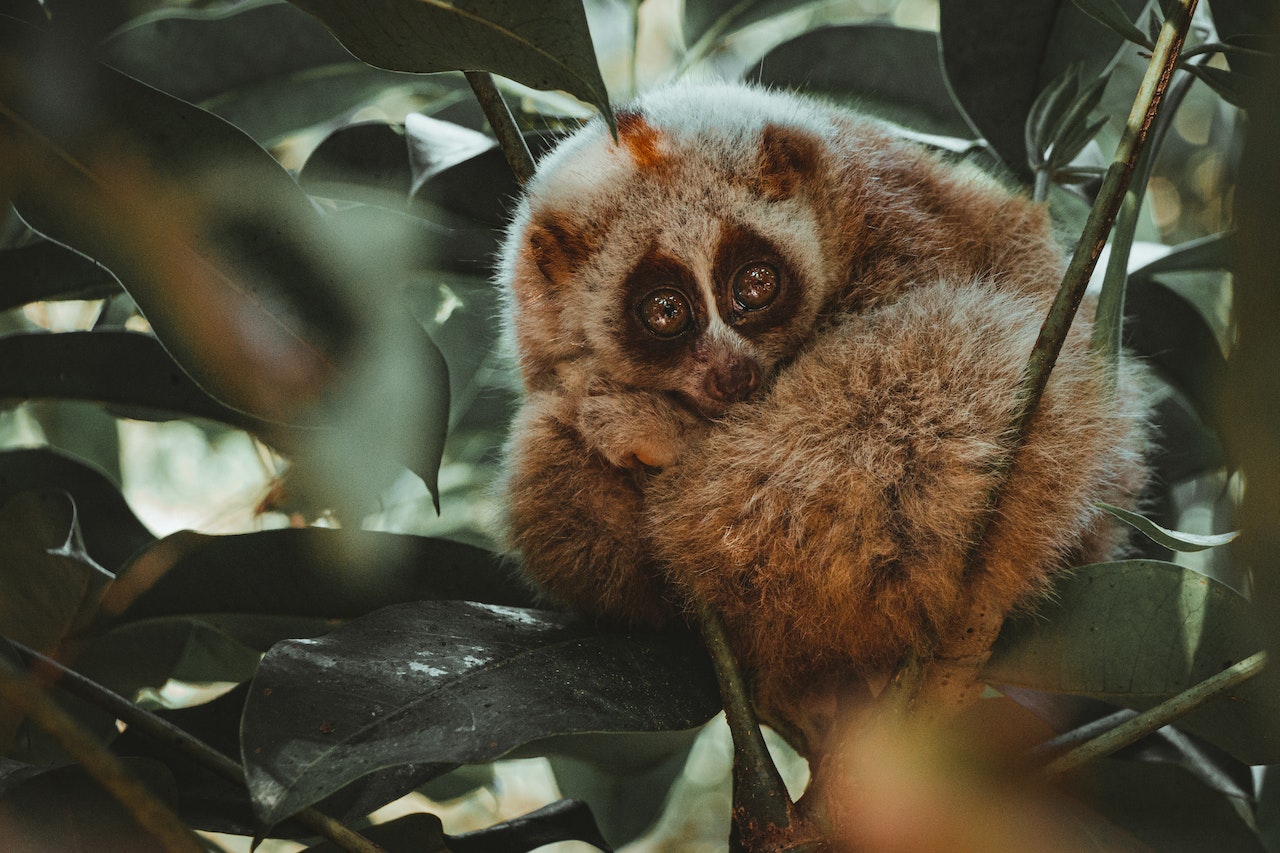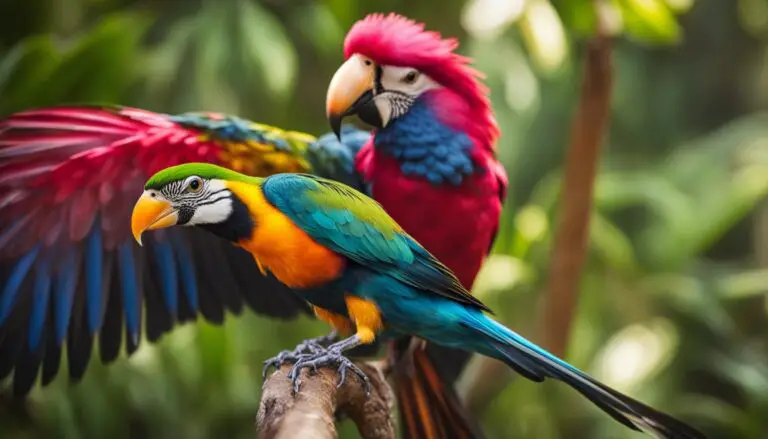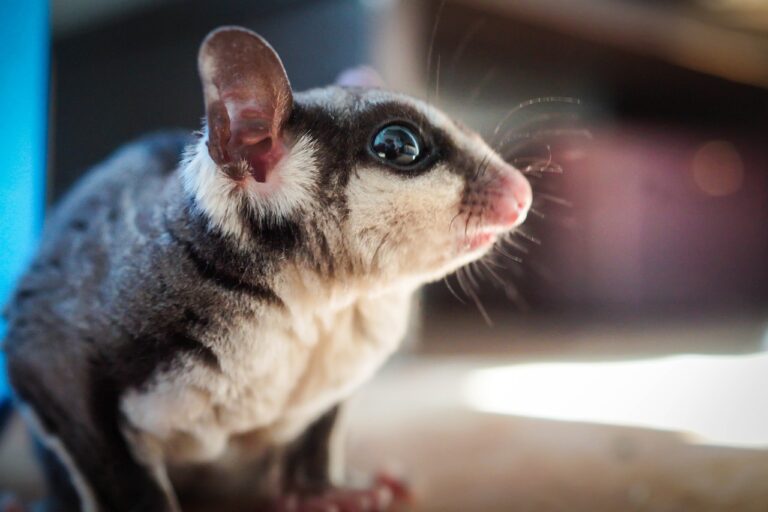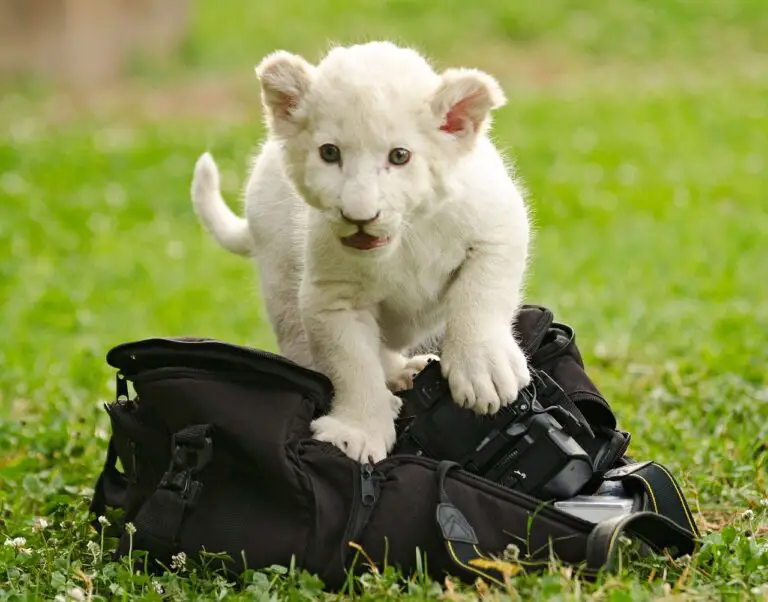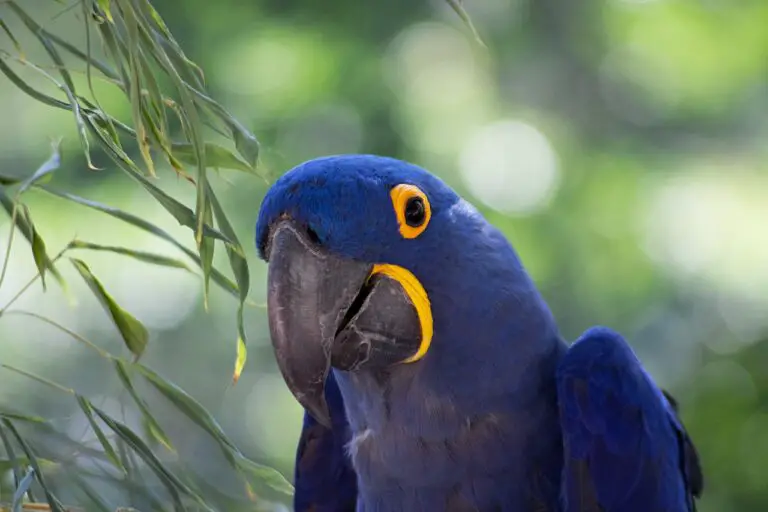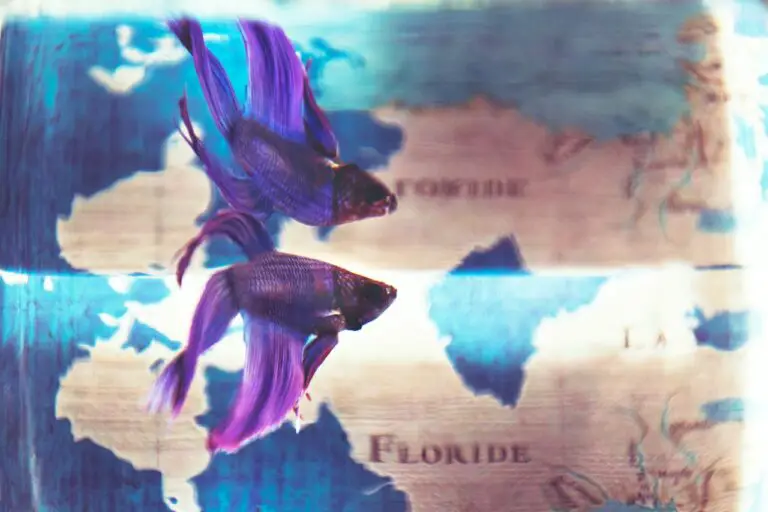Unique Exotic Pets: The Most Unheard Of Options
Have you ever heard of pets like a sugar glider, a fennec fox, or a hedgehog?
These are some of the exotic pets that are becoming increasingly popular among pet owners.
Although they may not be the most common pets, they are certainly some of the most unique and fascinating.
In this article, we will explore some of the most unusual exotic pets that you may have never heard of.
1. Axolotl
The axolotl is a unique pet that is native to Mexico.
They are a type of salamander that are known for their ability to regenerate limbs.
Axolotls are fully aquatic and can be kept in a tank filled with water.
They are also very easy to care for and can be fed on a diet of worms and small pieces of fish.
2. Kinkajou
The kinkajou is a small mammal that is native to South America.
They are often referred to as honey bears because they love to eat sweet foods.
Kinkajous are also known for their agility and can climb trees with ease.
They make great pets for those who have experience with exotic animals, as they can be quite challenging to care for.
3. Capybara
The capybara is the largest rodent in the world and is native to South America.
They are often kept as pets due to their friendly and sociable nature.
Capybaras are herbivores and require a diet of hay, vegetables, and fruit.
They also need access to water to swim in, as they are semi-aquatic animals.
4. Wallaby
The wallaby is a type of kangaroo that is native to Australia.
They make great pets for those who have the space and resources to care for them.
Wallabies require a large outdoor enclosure and a diet of hay, vegetables, and fruit.
They are also very social animals and need plenty of attention and interaction from their owners.
5. Skunk
Skunks may not be the first animal that comes to mind when you think of a pet, but they are becoming increasingly popular among exotic pet owners.
Domesticated skunks have their scent glands removed, making them safe to keep as pets.
They are very playful and affectionate animals and require a diet of high-quality cat food and vegetables.
6. Meerkat
Meerkats are small, social animals that are native to Africa.
They are highly intelligent and can be trained to do tricks and perform other behaviors.
Meerkats require a large enclosure and a diet of insects, small rodents, and vegetables.
They are also very social animals and require plenty of attention and interaction from their owners.
7. Slow Loris
The slow loris is a small primate that is native to Southeast Asia.
They are known for their large, round eyes and slow, deliberate movements.
Slow lorises require a specialized diet of insects and fruit and need a large enclosure with plenty of climbing structures.
They are also nocturnal animals and require a dark, quiet environment to sleep in during the day.
8. Coati
The coati is a member of the raccoon family and is native to South America.
They are very intelligent and can be trained to do tricks and perform other behaviors.
Coatis require a large outdoor enclosure and a diet of high-quality cat food, vegetables, and fruit.
They are also very social animals and require plenty of attention and interaction from their owners.
9. Pangolin
Pangolins are unique animals that are covered in scales and are native to Asia and Africa.
They are very shy and elusive animals, but they make great pets for those who are willing to provide them with the proper care.
Pangolins require a diet of insects and a large, secure enclosure to prevent them from escaping.
They are also endangered animals, so it is important to ensure that they are obtained from legal sources.
10. Tenrec
Tenrecs are small mammals that are native to Madagascar.
They are covered in spines and are known for their unique appearance.
Tenrecs require a specialized diet of insects and require a warm, humid environment to thrive.
They are also very active and require plenty of space to run and play.
11. Armadillo
Armadillos are unique animals that are native to South America.
They are covered in a hard, protective shell and are known for their ability to curl up into a ball when threatened.
Armadillos require a diet of insects and a large, secure enclosure to prevent them from escaping.
They are also very social animals and require plenty of attention and interaction from their owners.
12. Aye-aye
The aye-aye is a unique primate that is native to Madagascar.
They are nocturnal and are known for their long, thin fingers that they use to extract insects from trees.
Aye-ayes require a specialized diet of insects and fruit and need a large enclosure with plenty of climbing structures.
They are also endangered animals, so it is important to ensure that they are obtained from legal sources.
13. Fossa
The fossa is a unique carnivorous mammal that is native to Madagascar.
They are very agile and are known for their ability to climb trees with ease.
Fossas require a diet of meat and a large, secure enclosure to prevent them from escaping.
They are also very active animals and require plenty of space to run and play.
14. Coatimundi
Coatimundis are members of the raccoon family and are native to South America.
They are very social animals and are known for their playful and curious nature.
Coatimundis require a large outdoor enclosure and a diet of high-quality cat food, vegetables, and fruit.
They are also very active animals and require plenty of space to run and play.
15. Serval
Servals are medium-sized cats that are native to Africa.
They are very active and require plenty of space to run and play.
Servals require a diet of meat and a large, secure enclosure to prevent them from escaping.
They are also very intelligent animals and can be trained to do tricks and perform other behaviors.
Conclusion
In conclusion, there are many unique and fascinating exotic pets that you may have never heard of.
These animals require specialized care and attention, but they can make great pets for those who are willing to provide them with the proper care.
If you are interested in owning an exotic pet, be sure to do your research and find a reputable breeder or supplier.
FAQs
Are exotic pets legal to own?
The legality of owning an exotic pet varies by state and country.
It is important to check your local laws and regulations before obtaining an exotic pet.
Can exotic pets be dangerous?
Some exotic pets can be dangerous, especially if they are not properly cared for or trained.
It is important to research the specific needs and behaviors of an exotic pet before owning one.
How much do exotic pets cost?
The cost of an exotic pet varies depending on the species and the breeder or supplier.
It is important to budget for the cost of food and veterinary care, as well as the cost of the animal itself.
Are exotic pets easy to care for?
Exotic pets require specialized care and attention, and their needs can vary greatly depending on the species.
It is important to research the specific care requirements of an exotic pet before owning one.
Can exotic pets be kept in apartments or small homes?
The size of the enclosure required for an exotic pet will depend on the species and its specific needs.
Some exotic pets, such as small birds or reptiles, can be kept in small enclosures, while others, such as primates or large cats, require much larger spaces.
It is important to ensure that you have enough space to provide for the needs of your exotic pet.
Peter Stones is the founder of Exotic Pets Place, the leading online resource for exotic pet care information.
With over 10 years of hands-on exotic pet ownership experience, he is deeply passionate about sharing his expertise to help others properly care for their unusual pets.
When he's not writing extensively researched articles or connecting with fellow exotic pet enthusiasts worldwide, you can find Peter at home tending to his own beloved menagerie of exotic animals.

